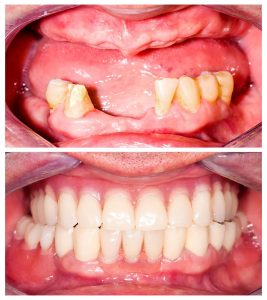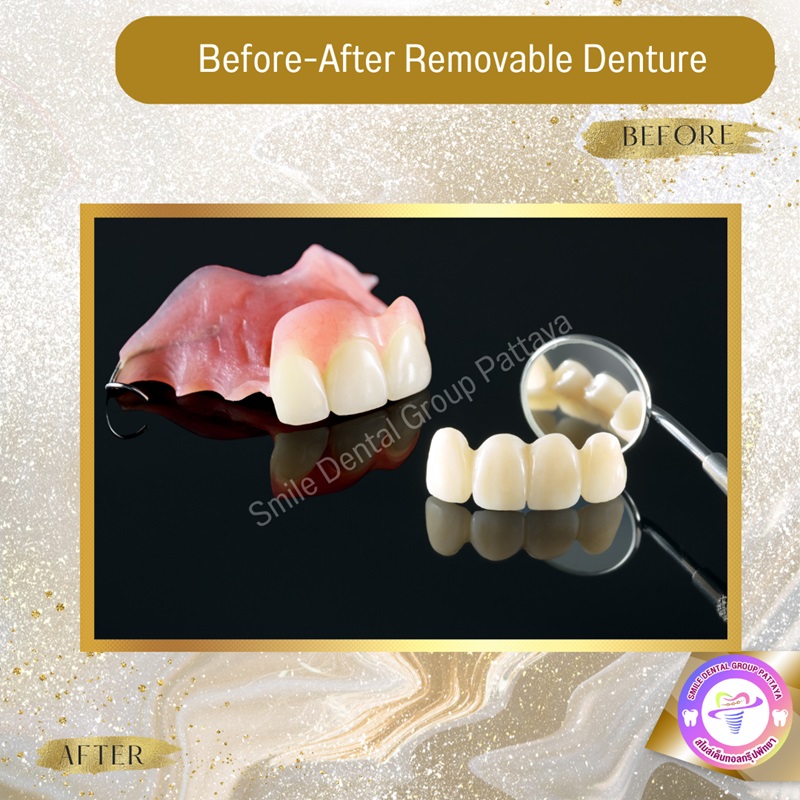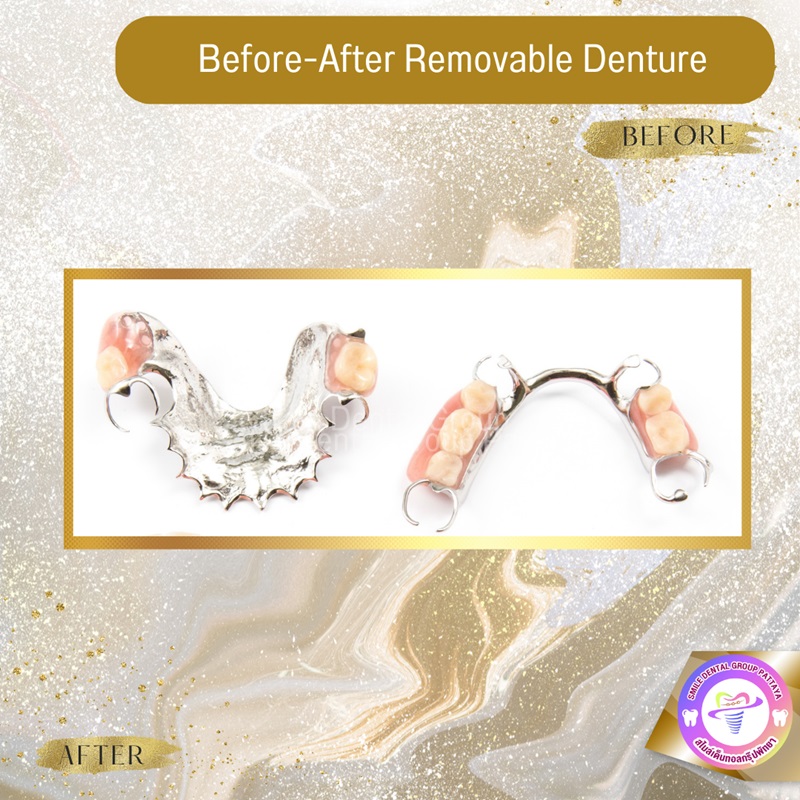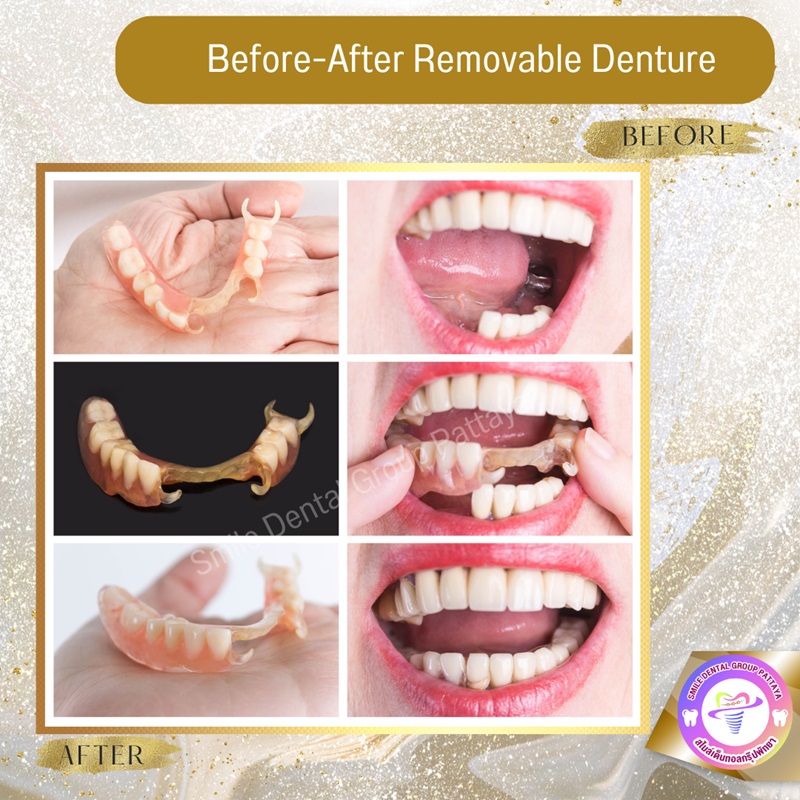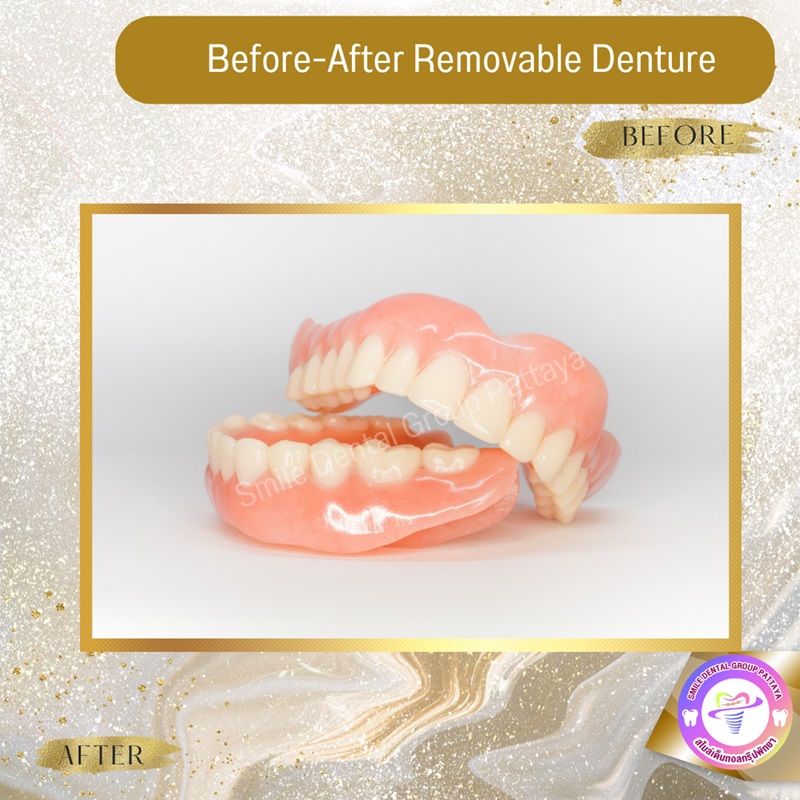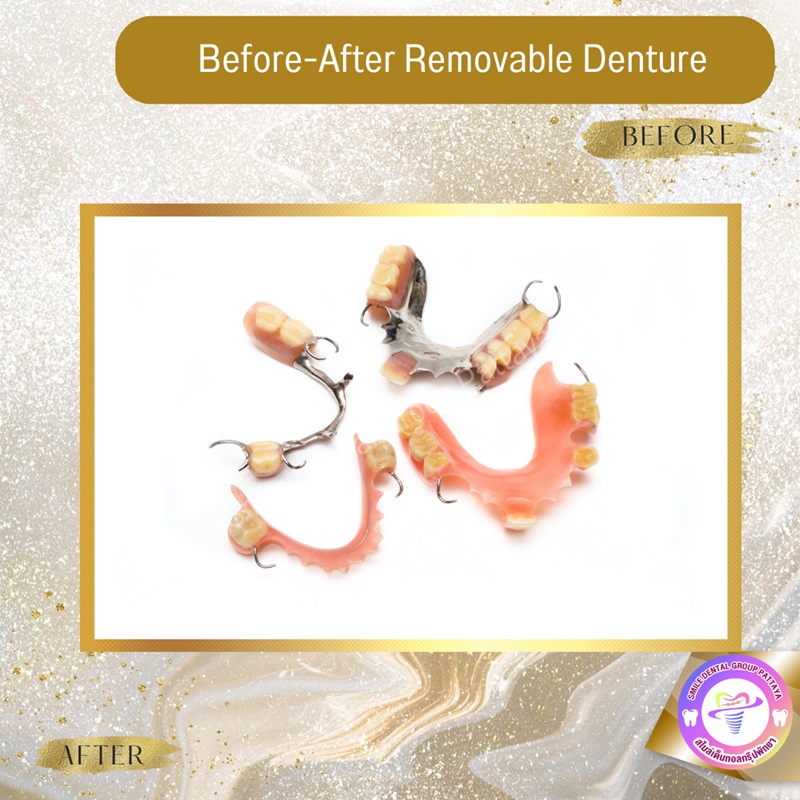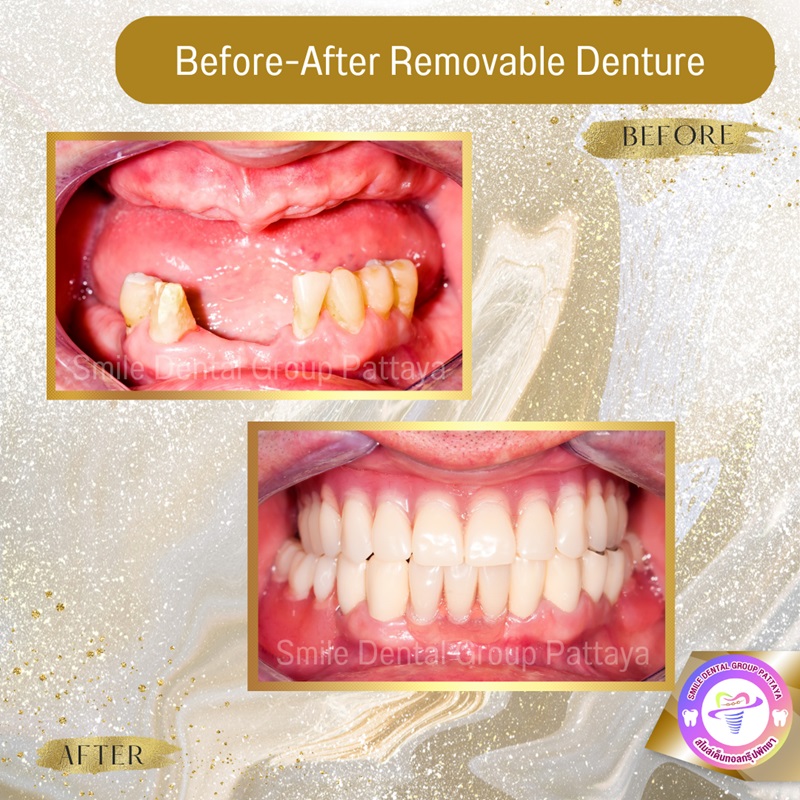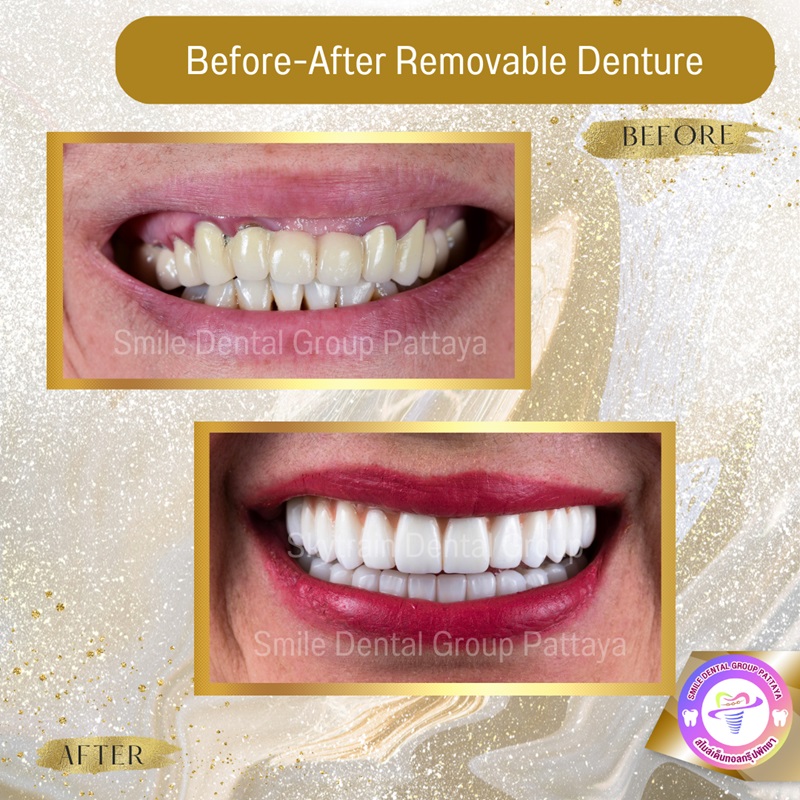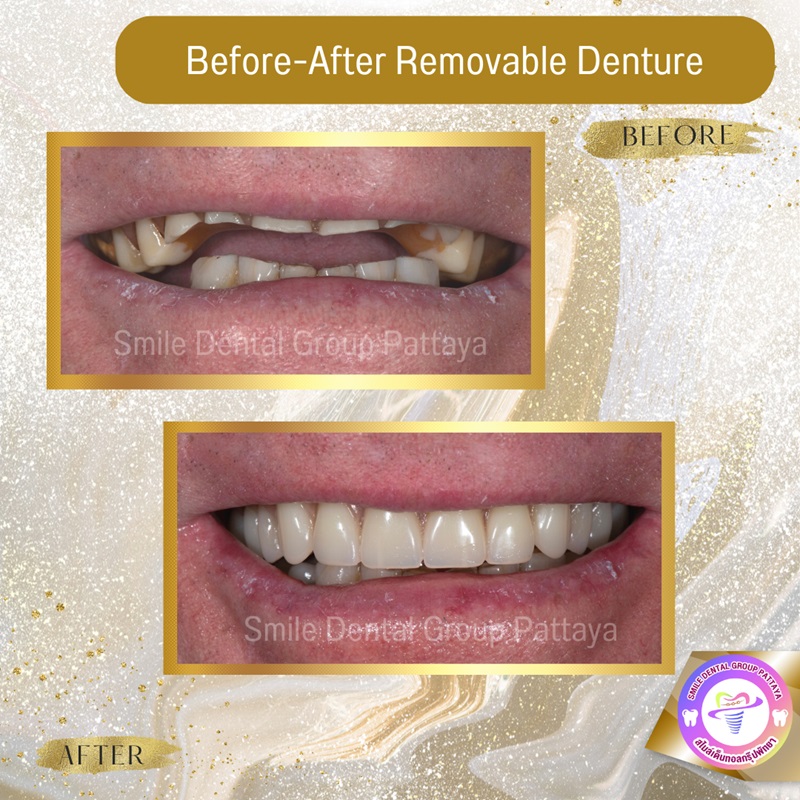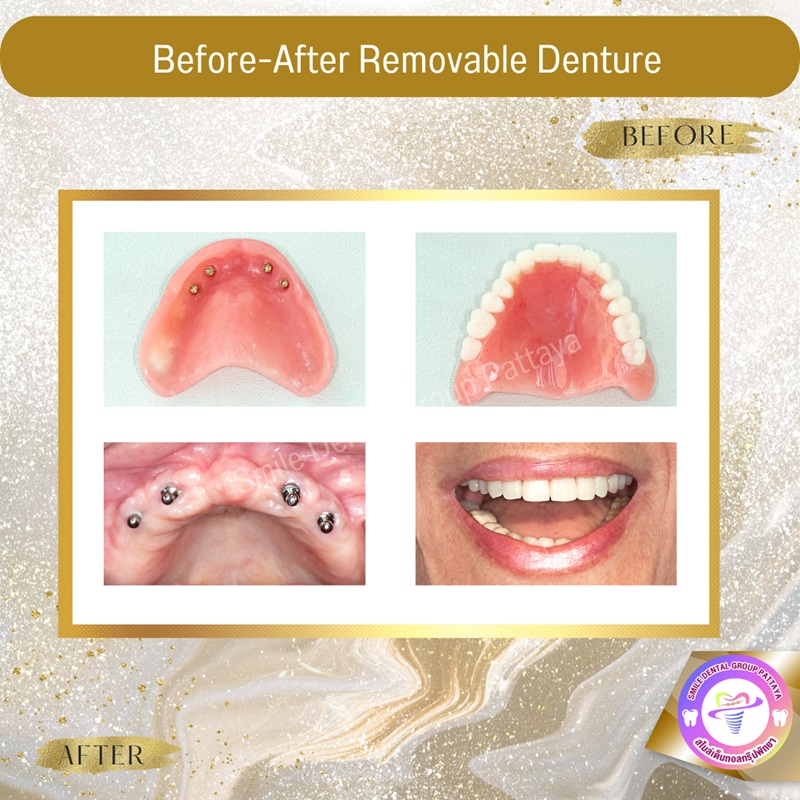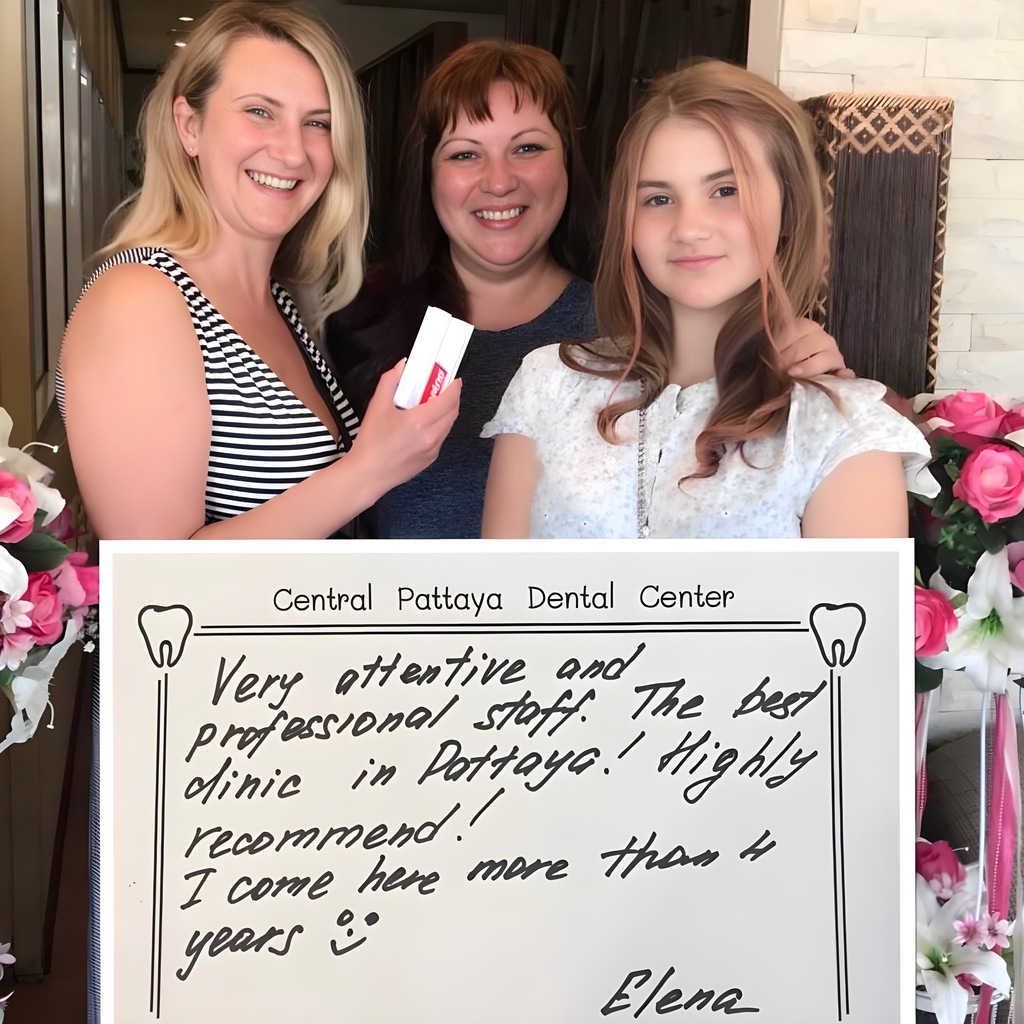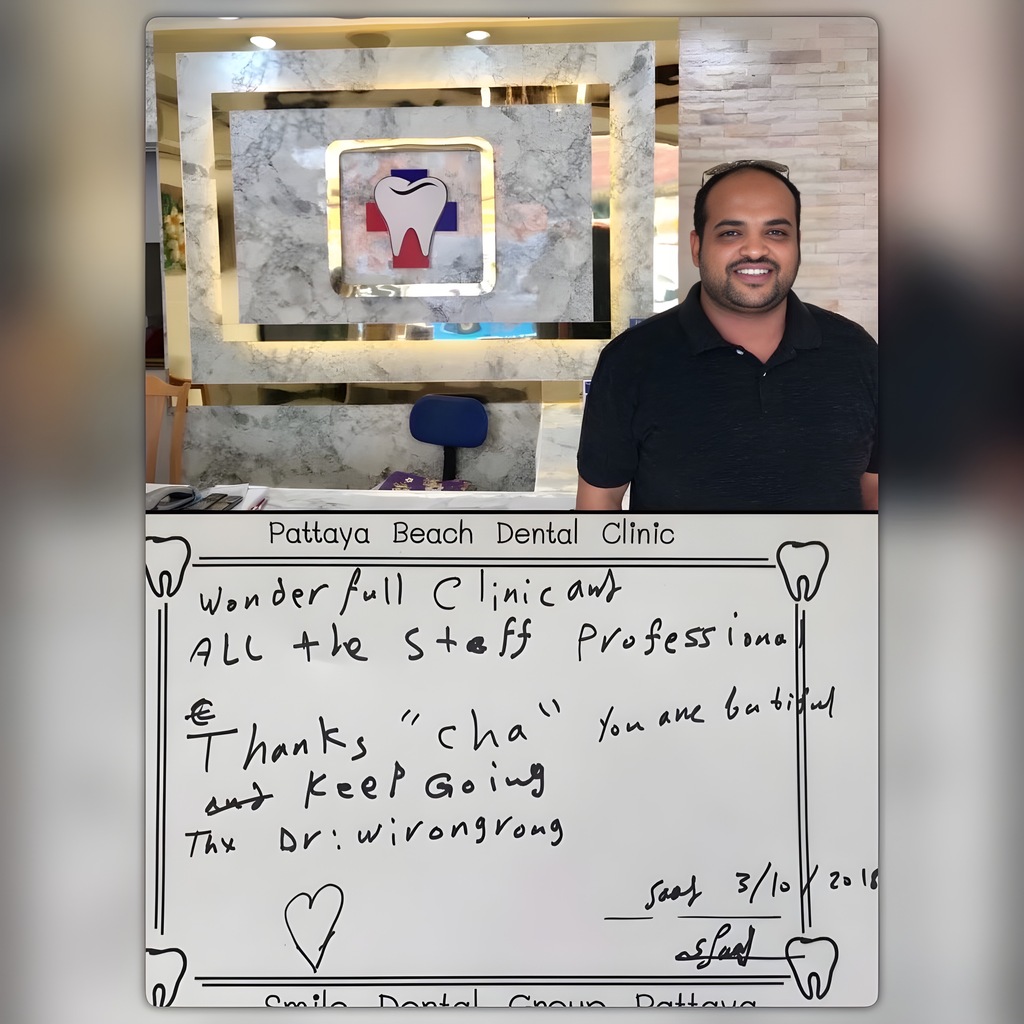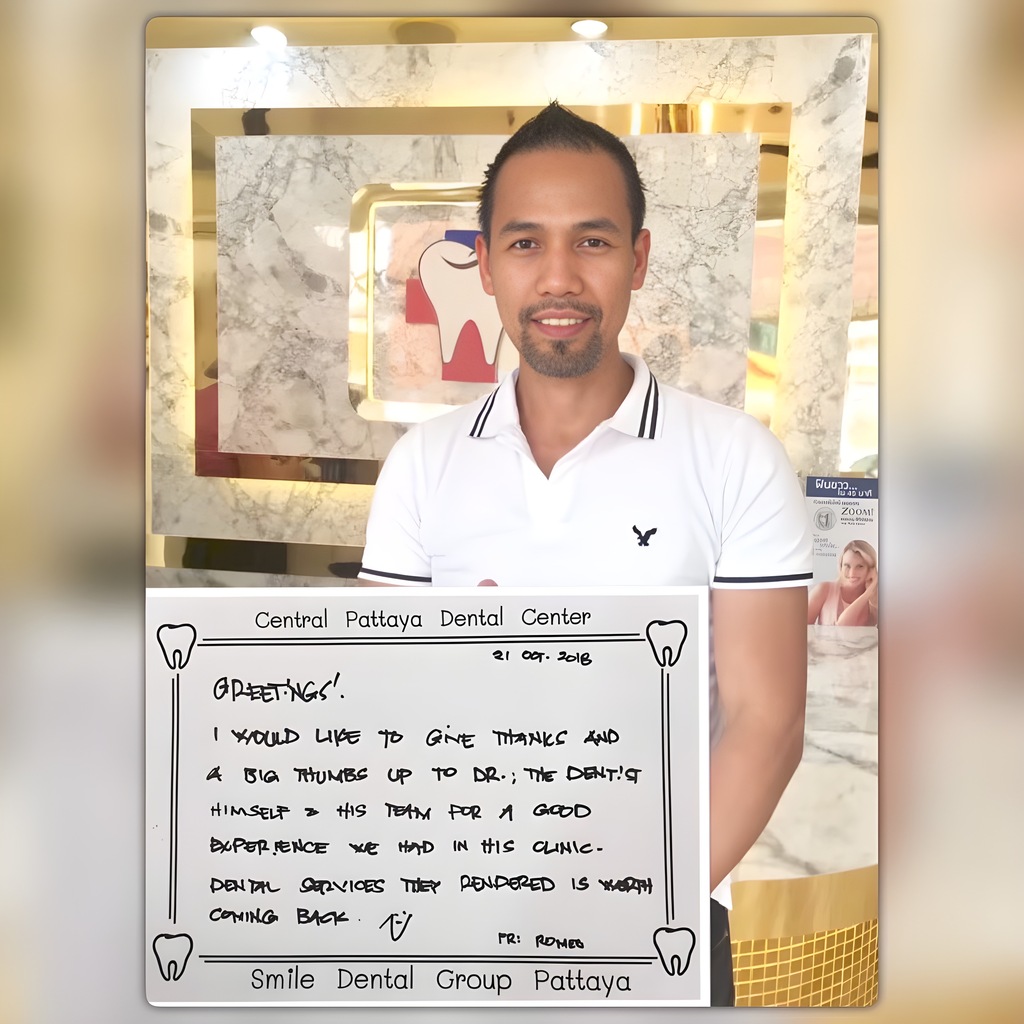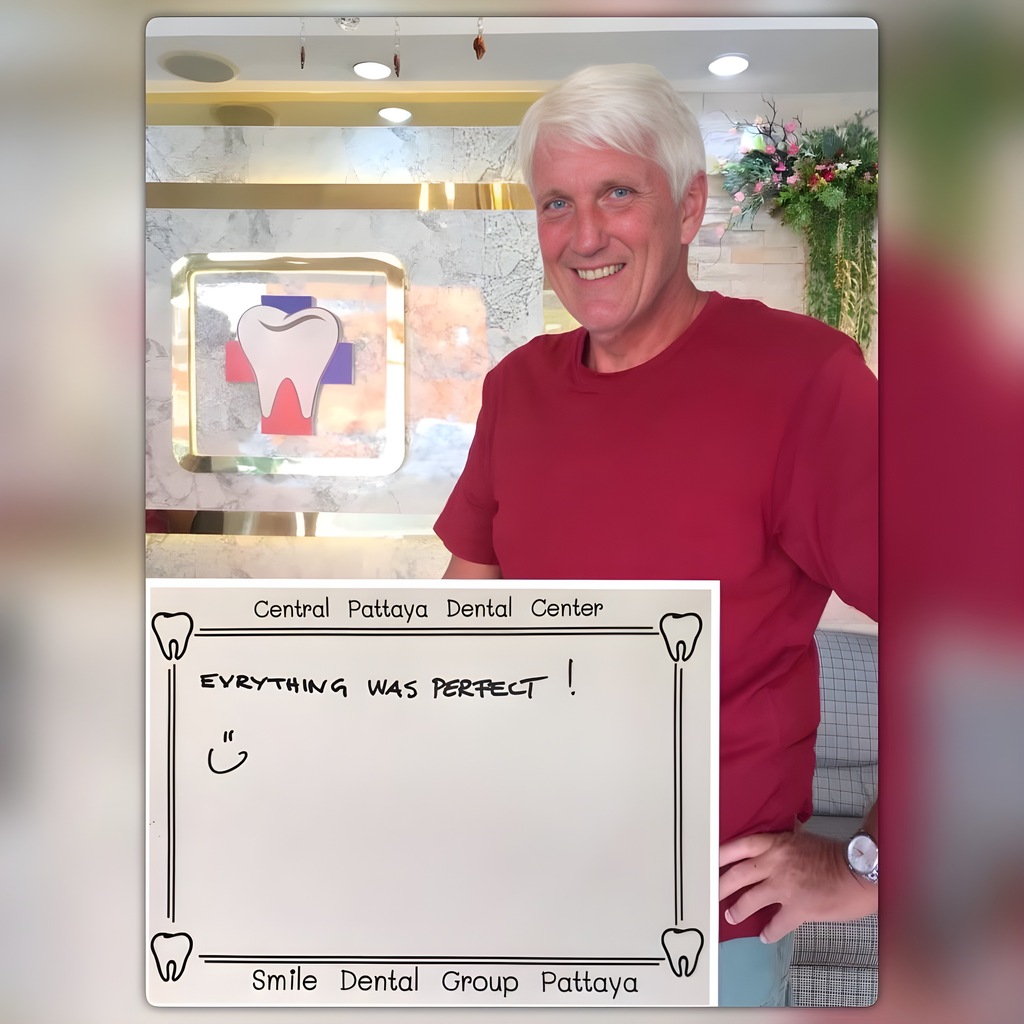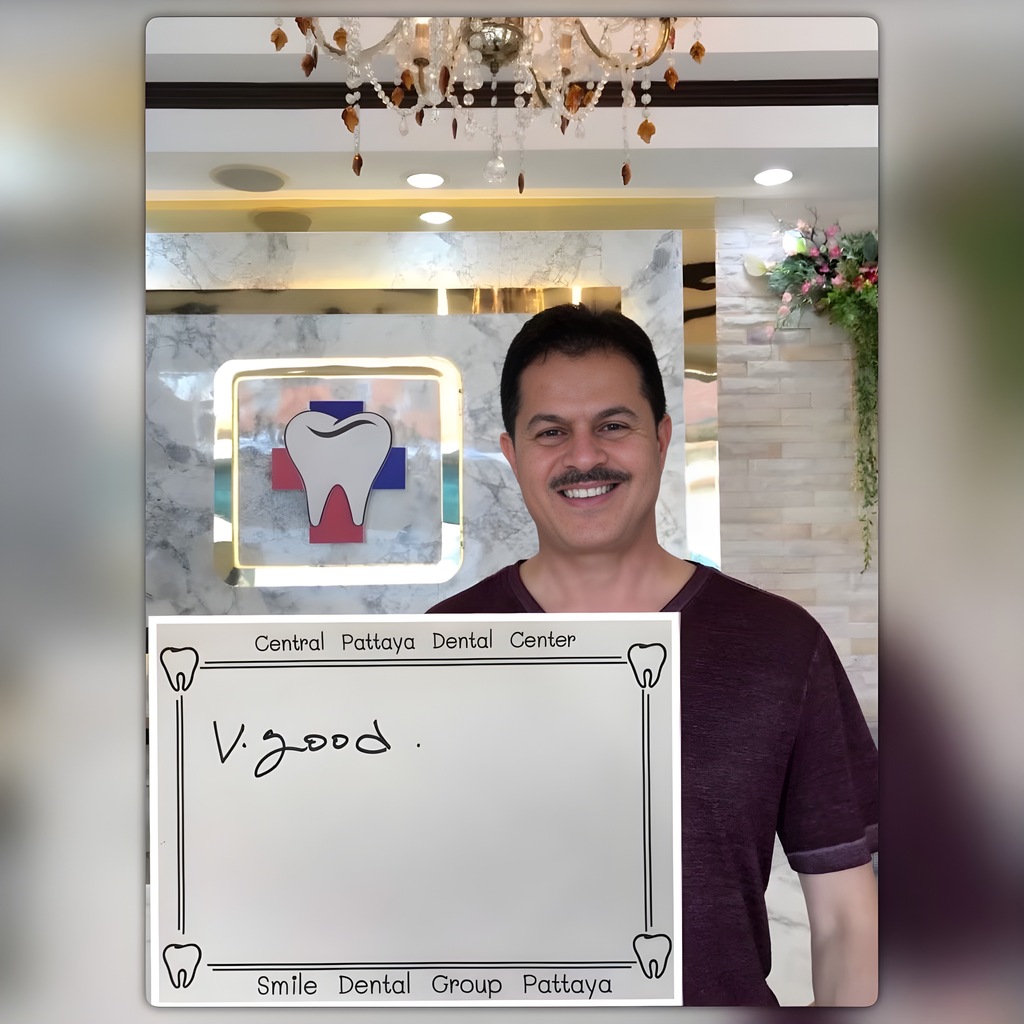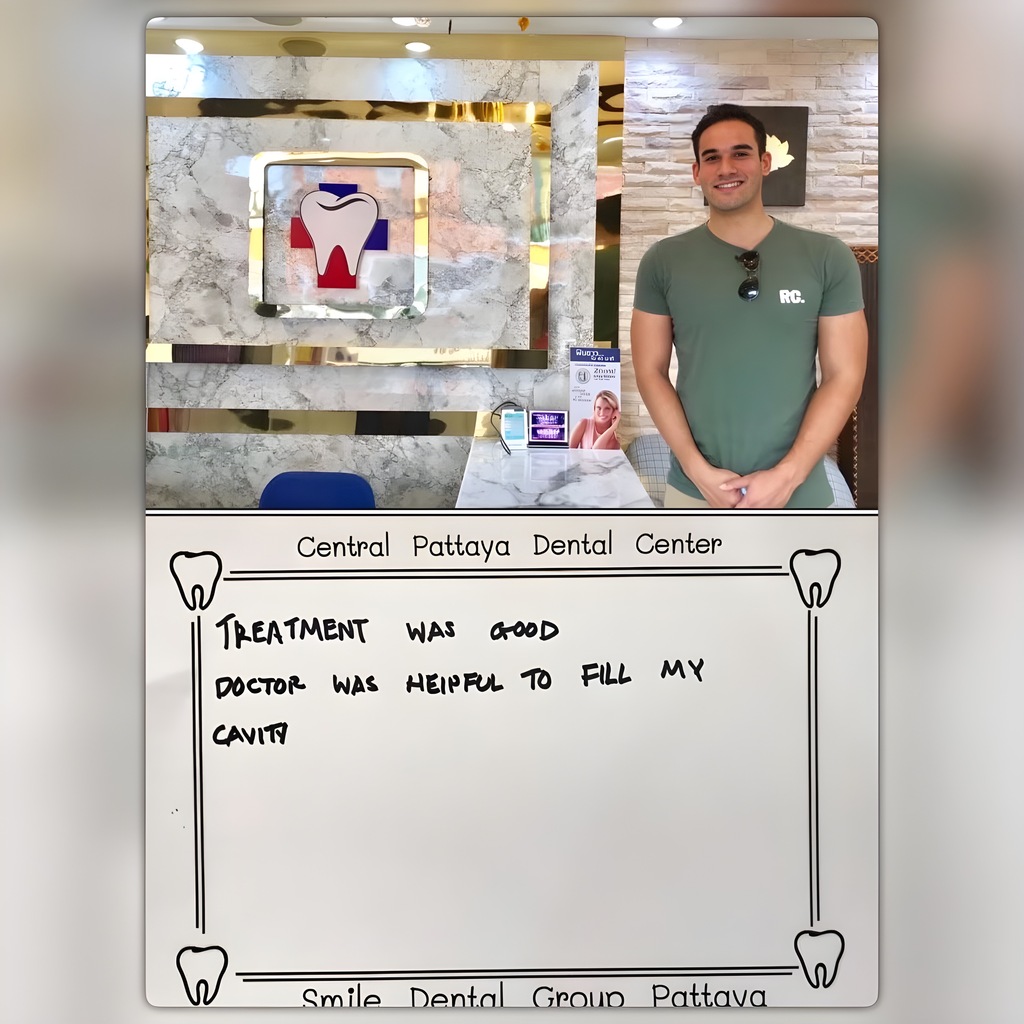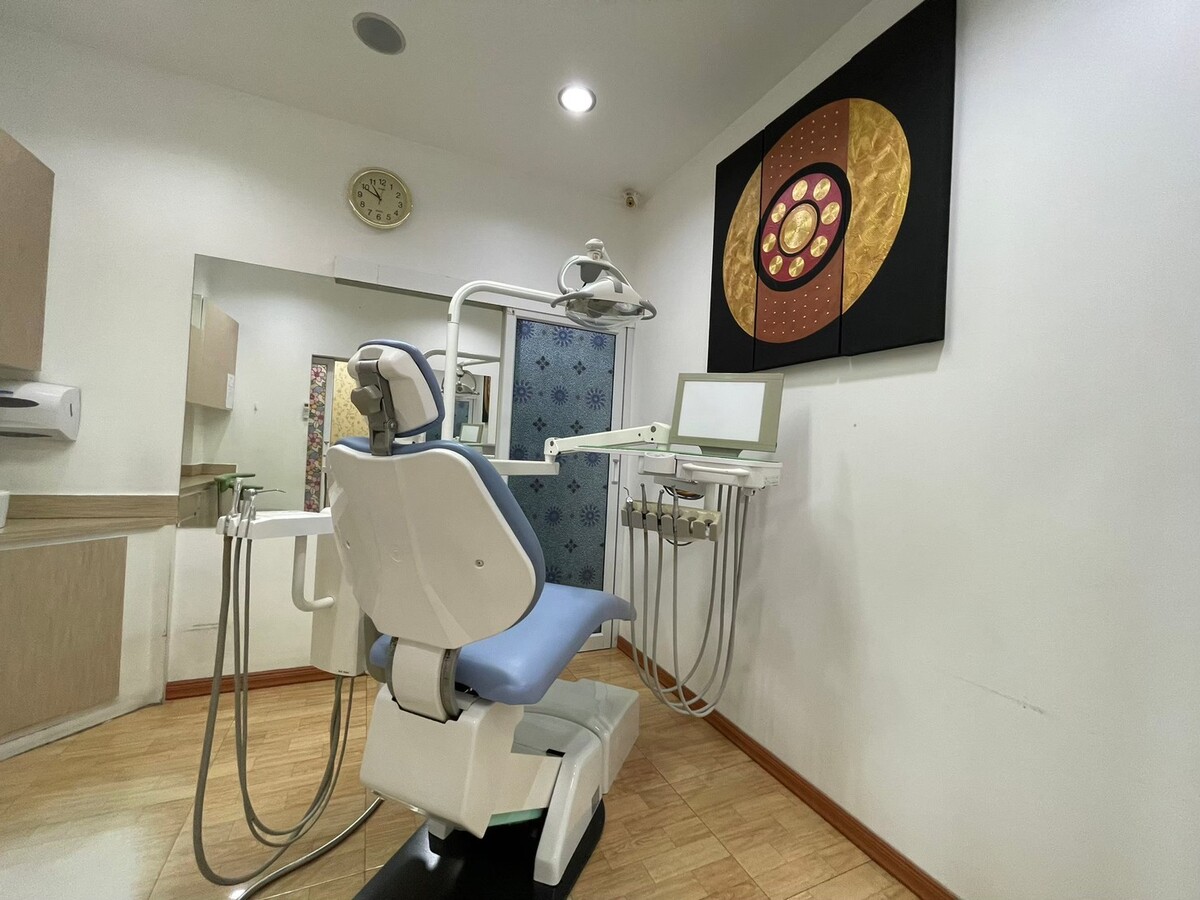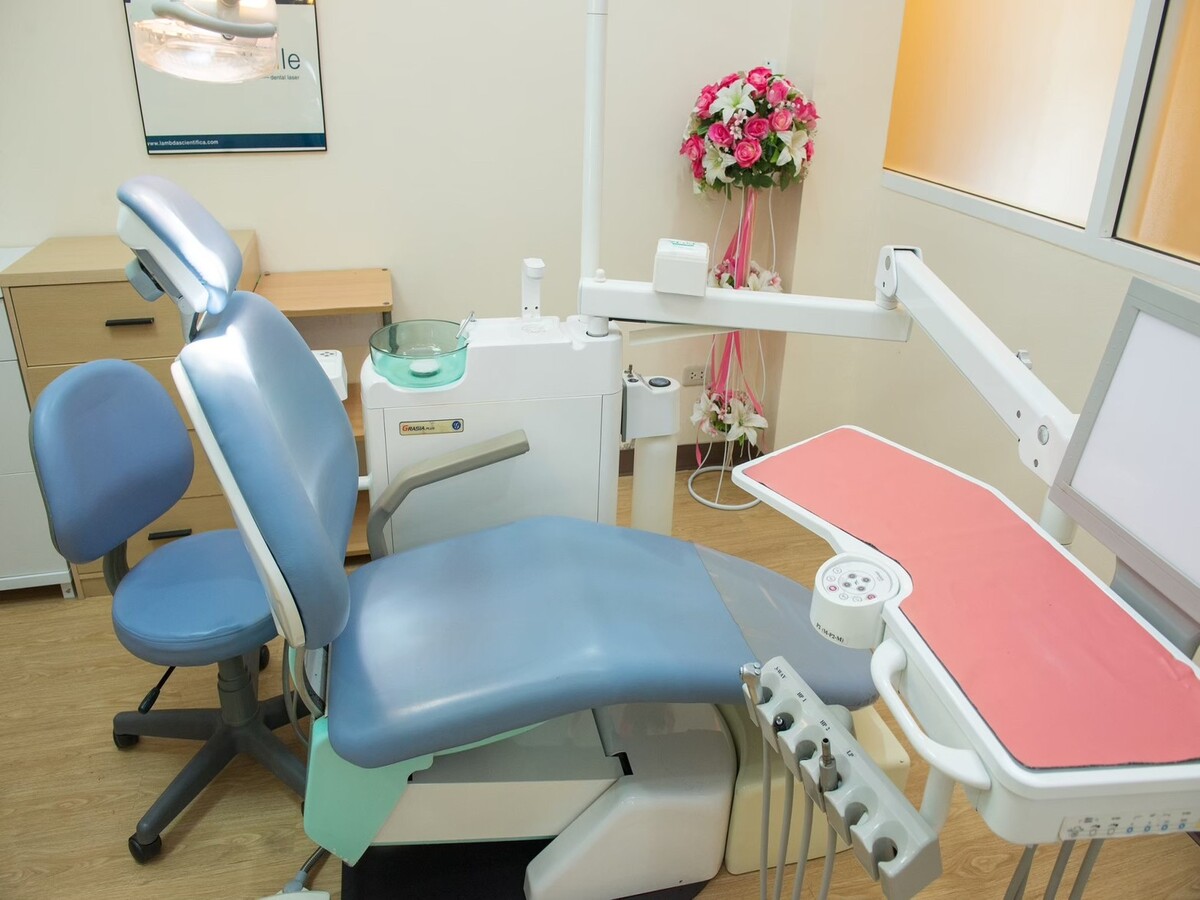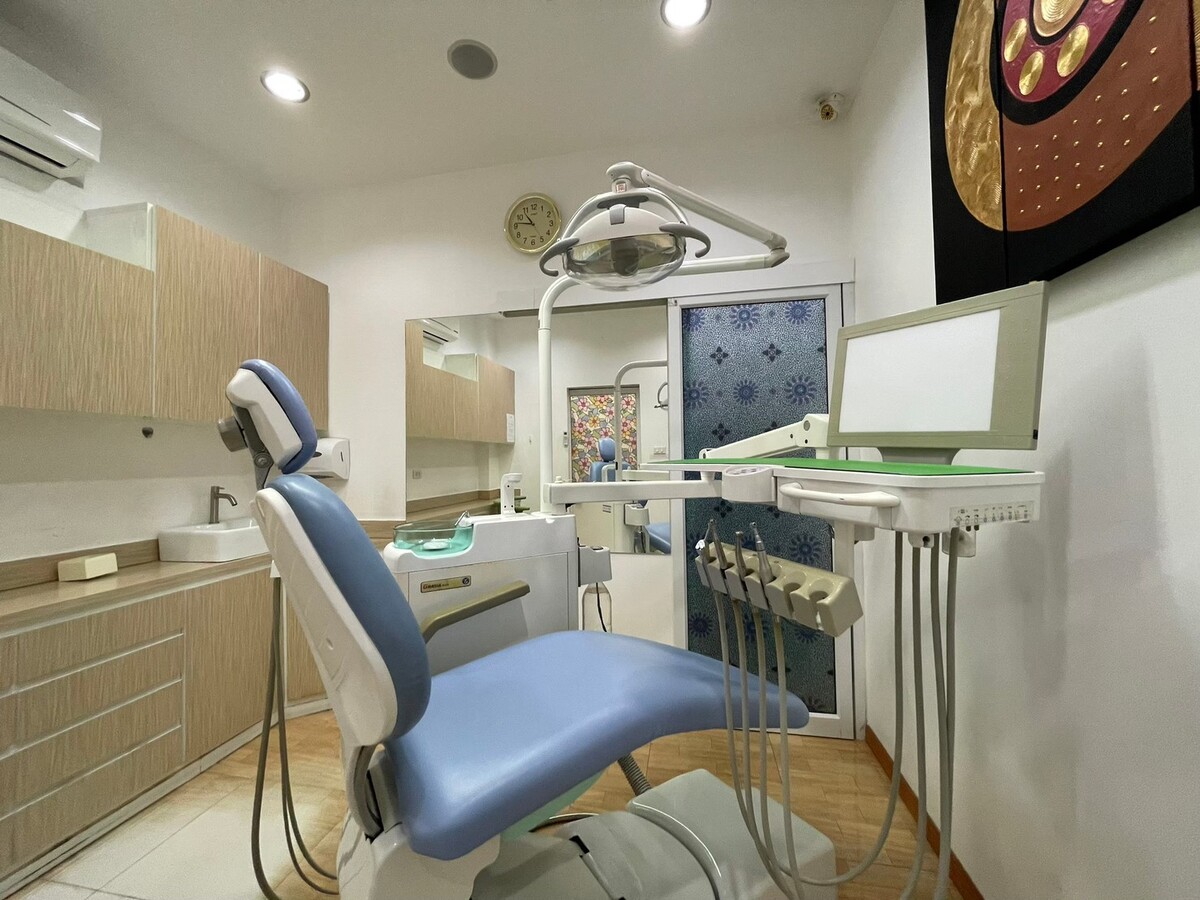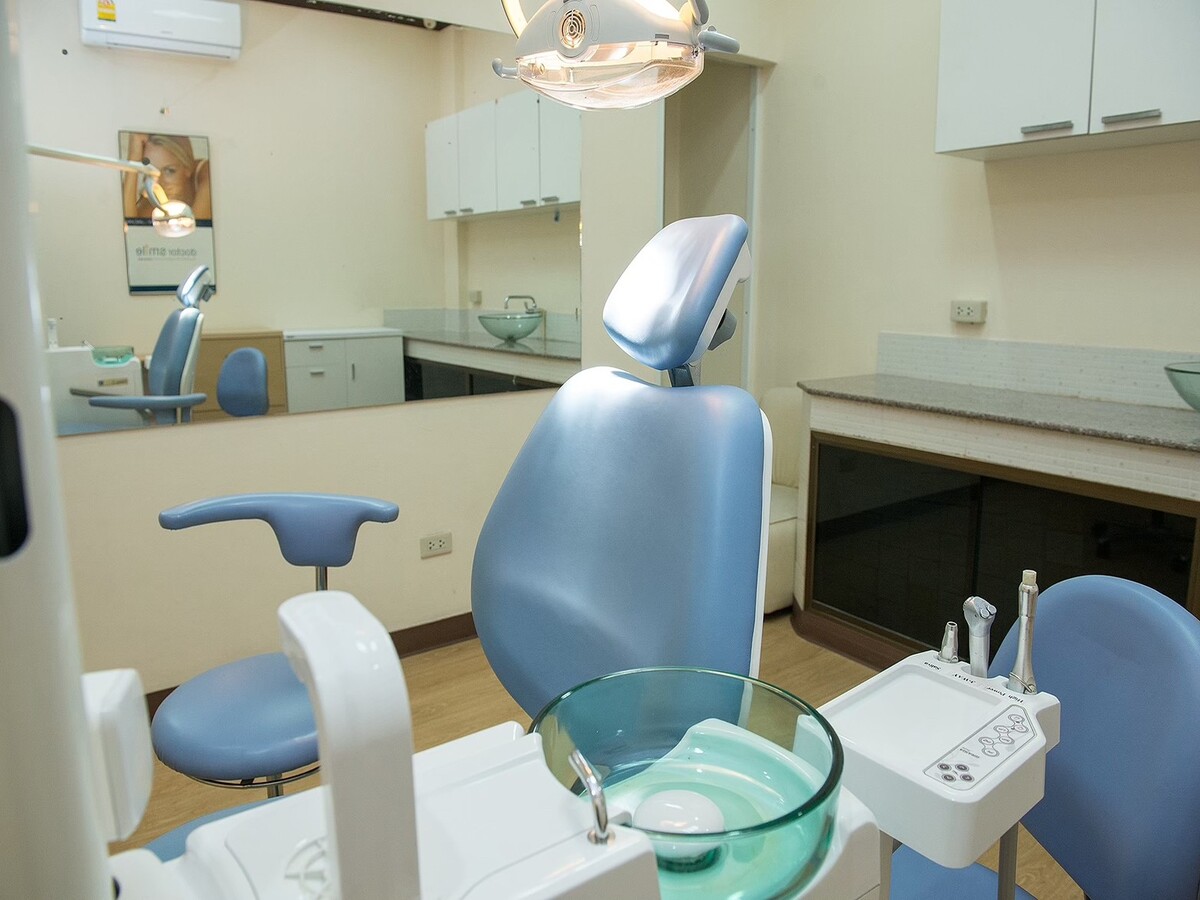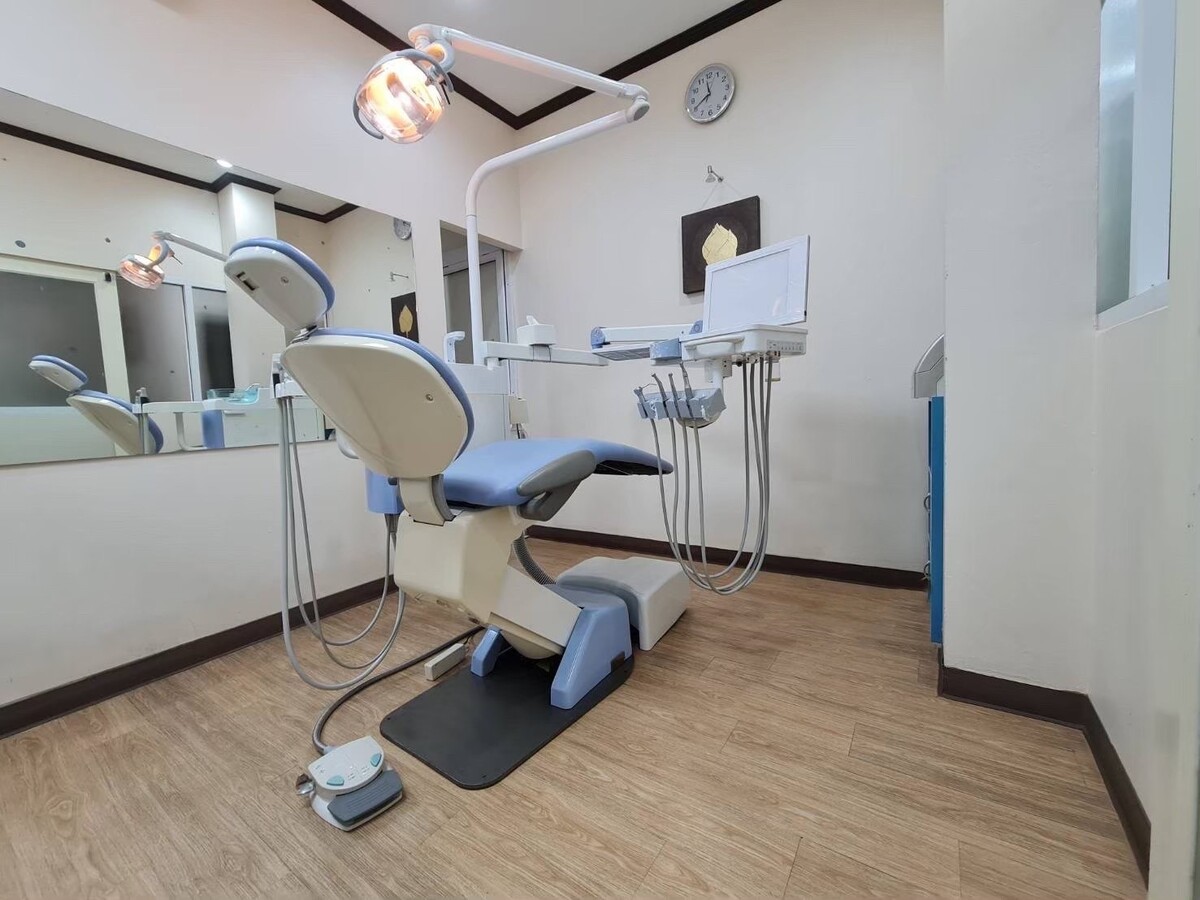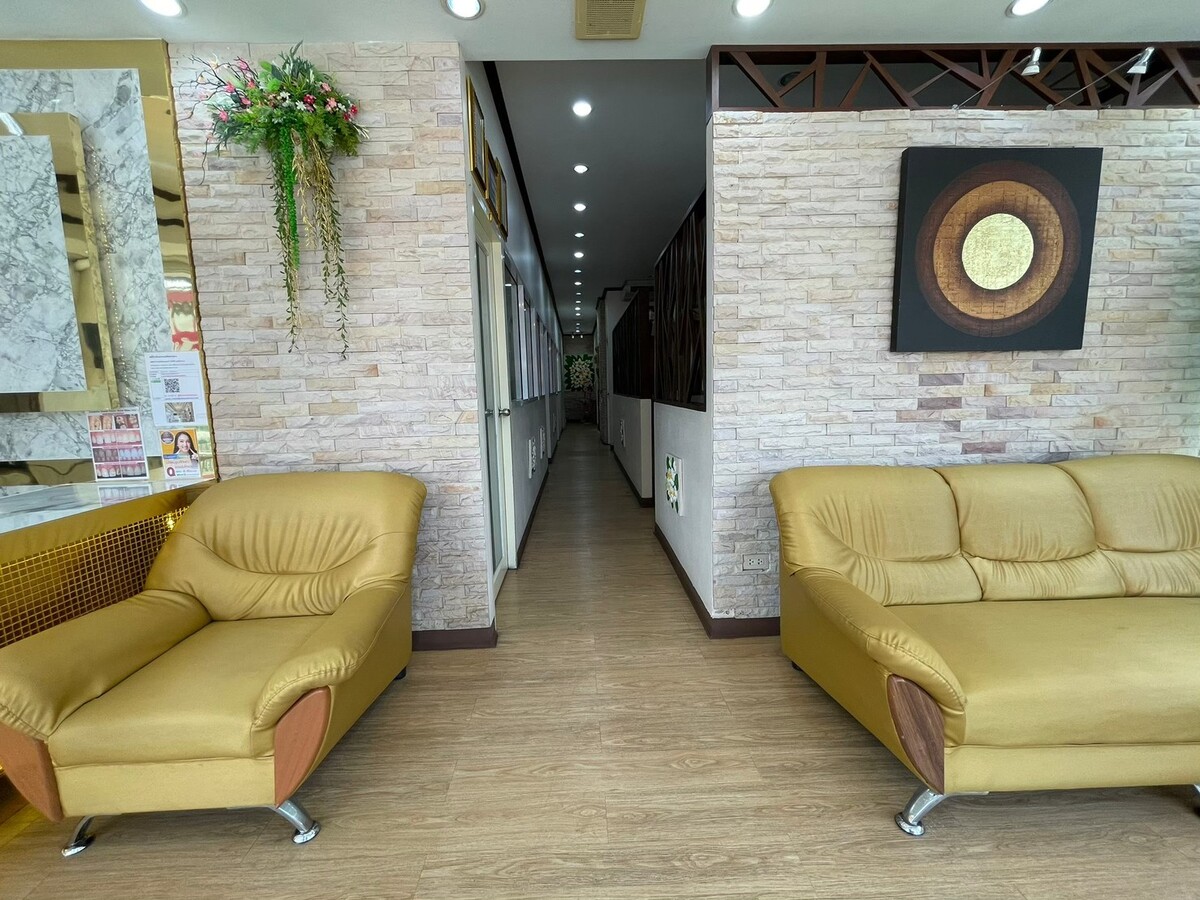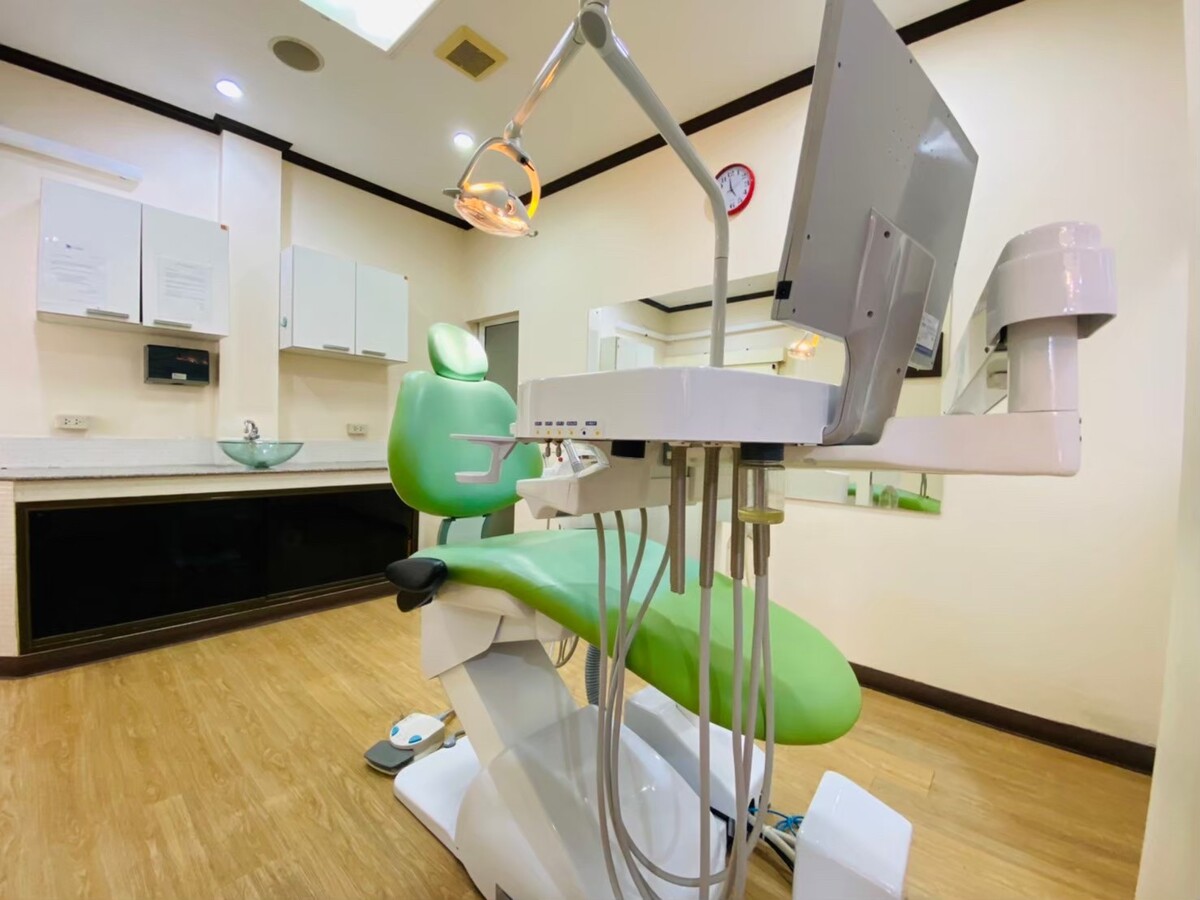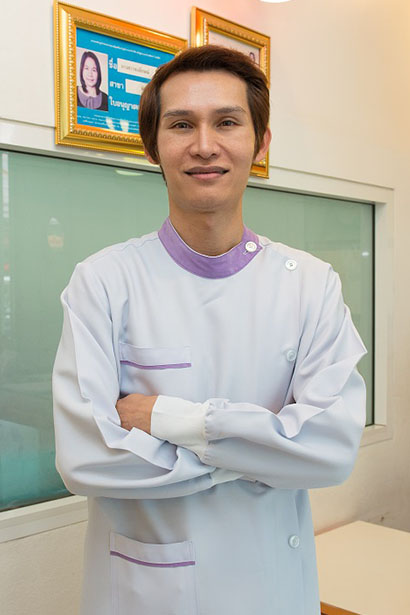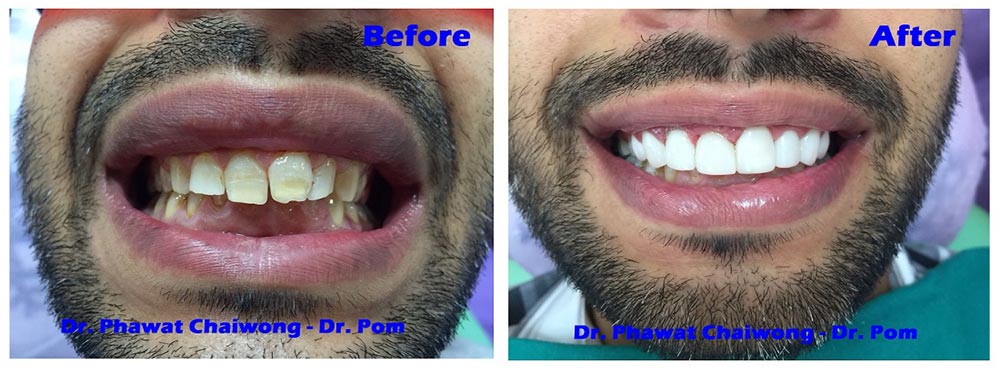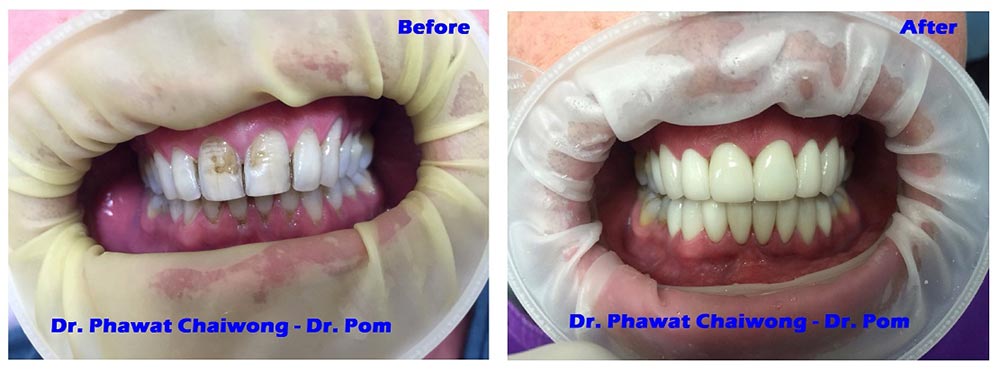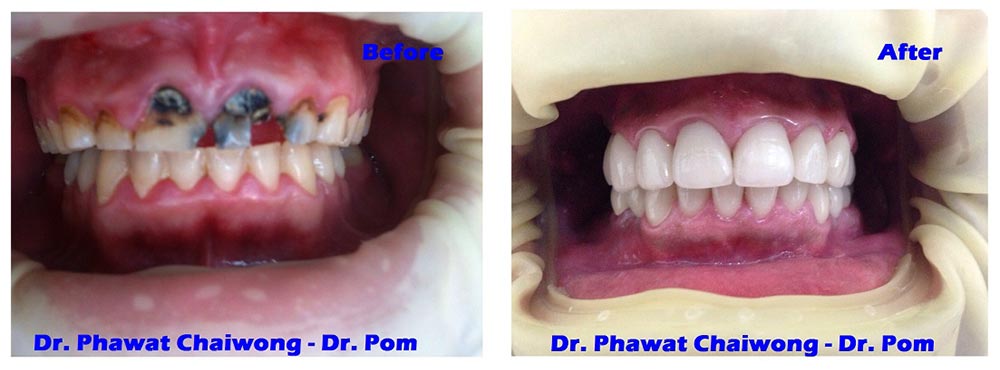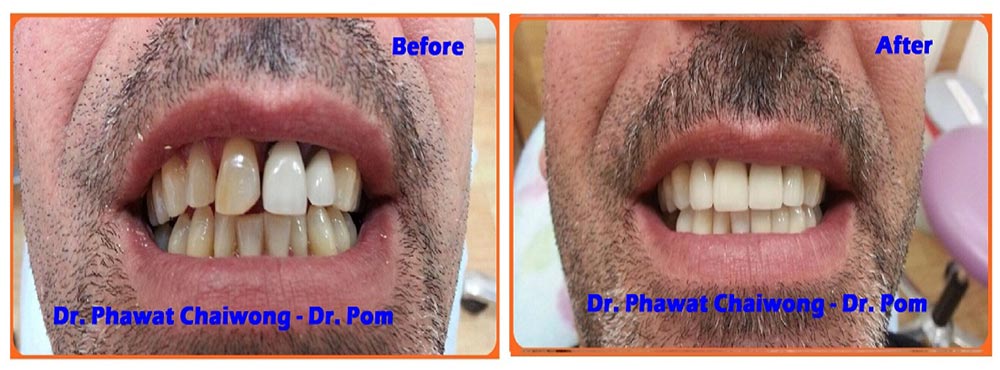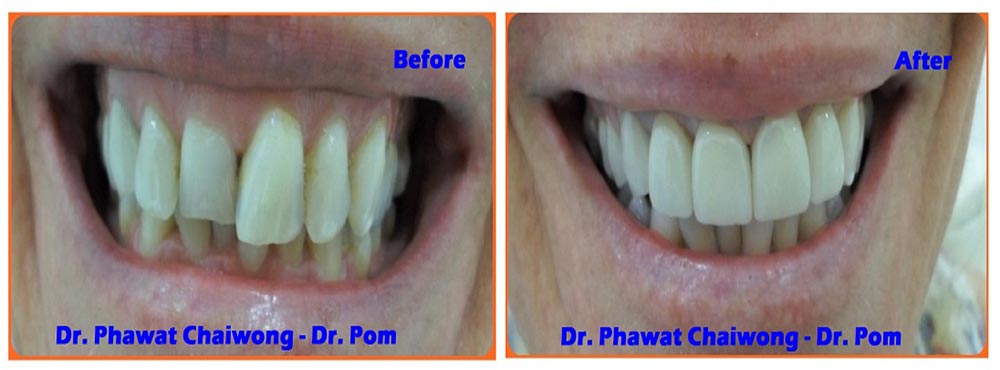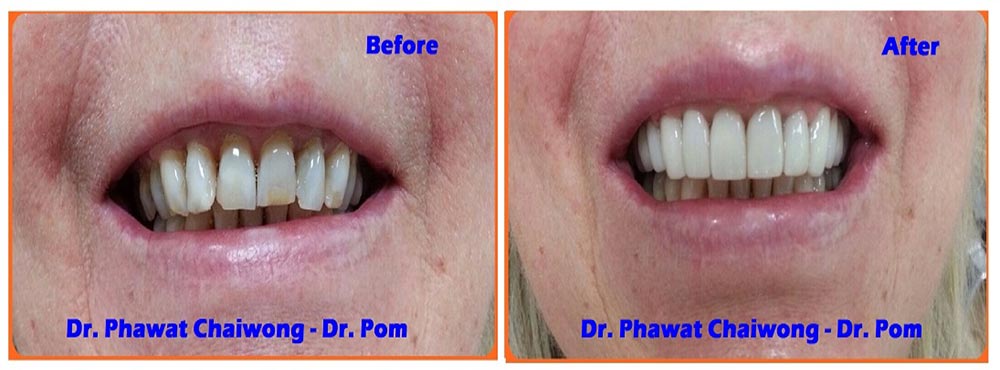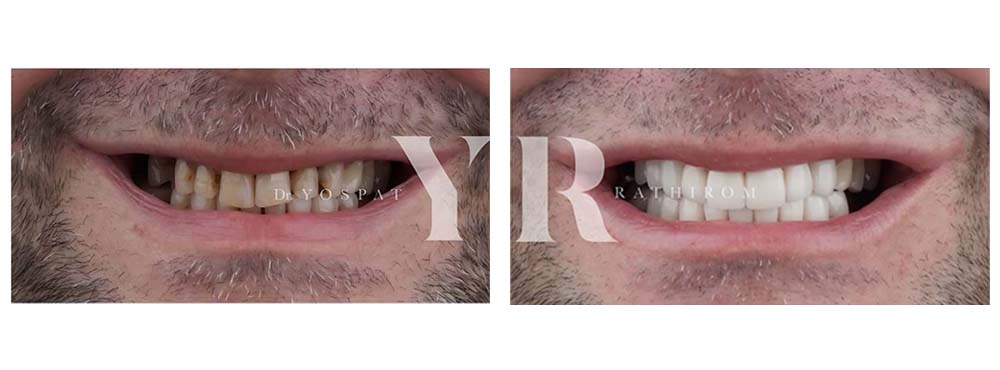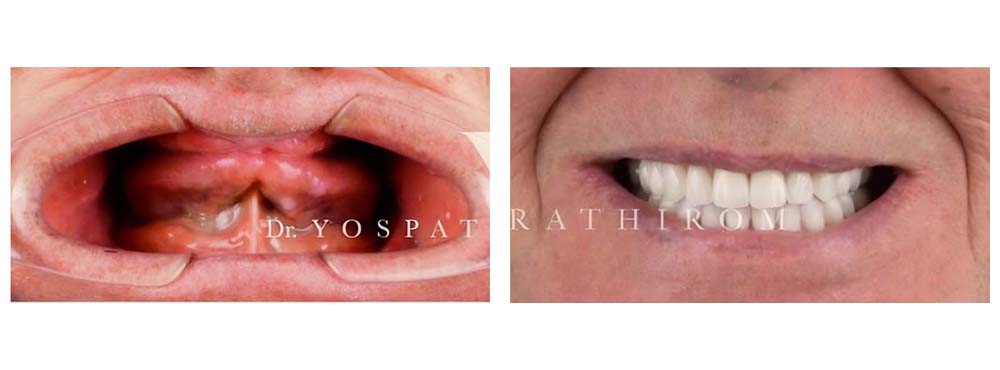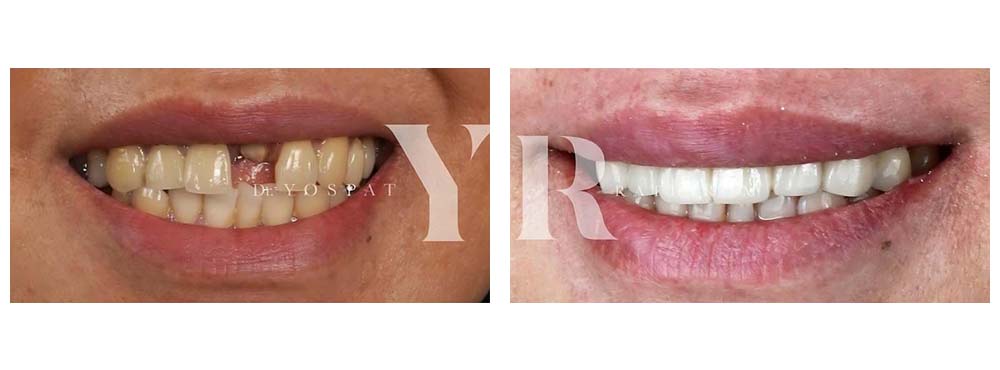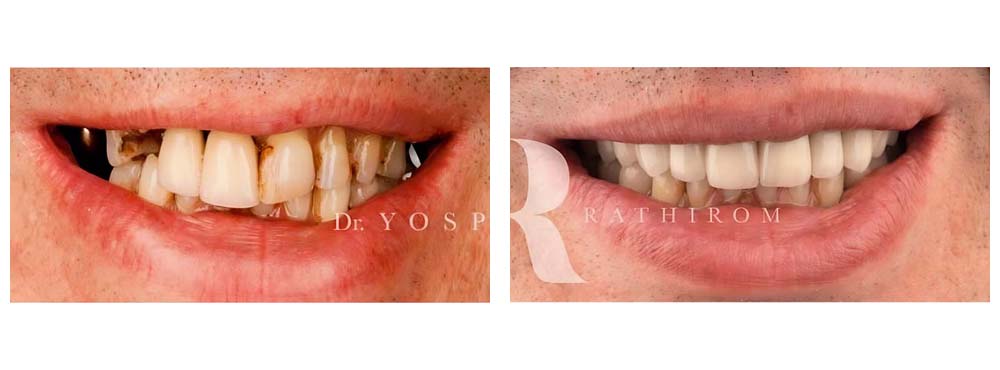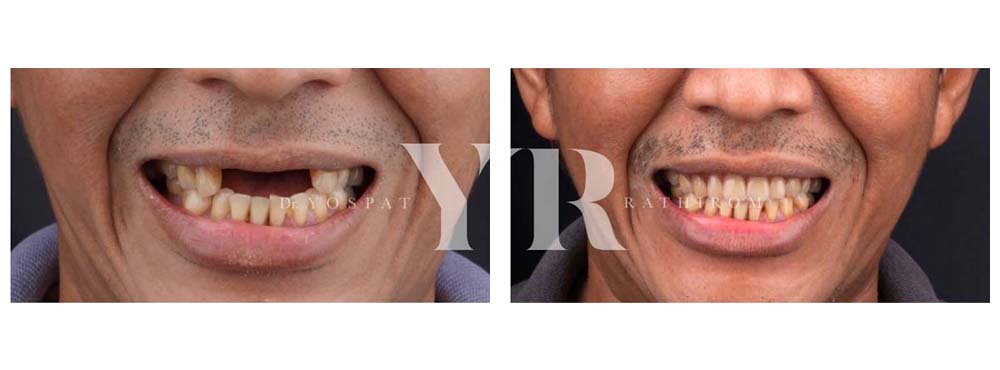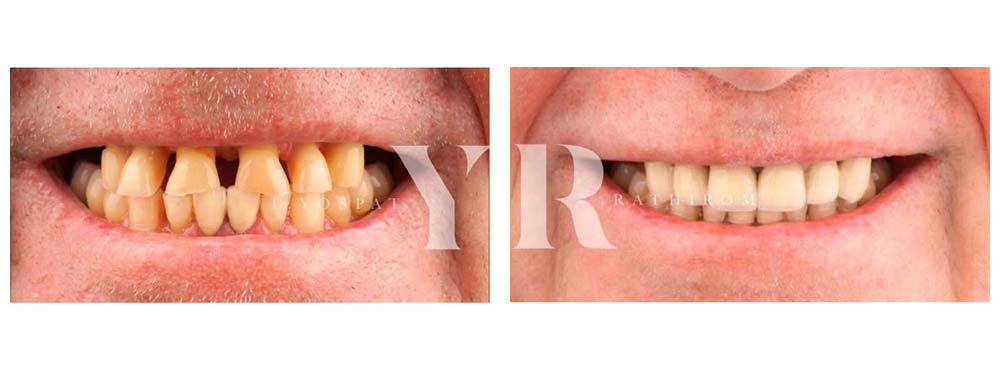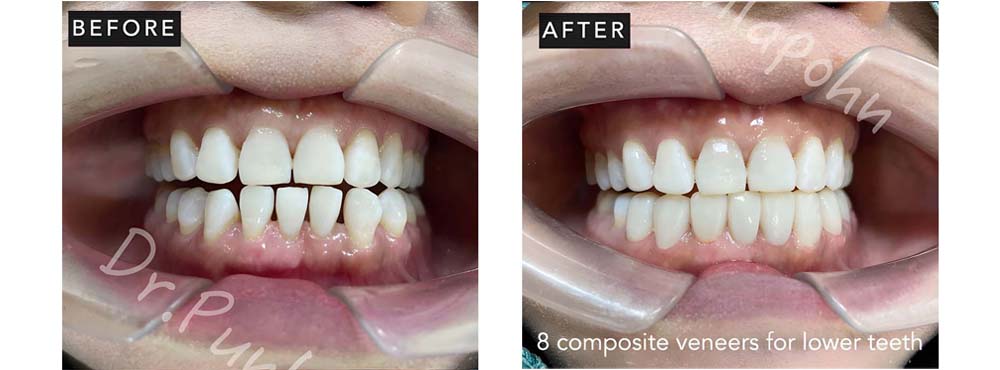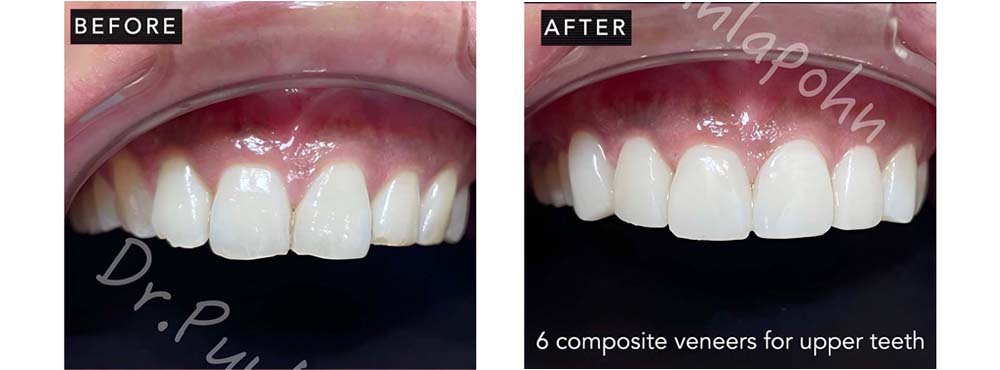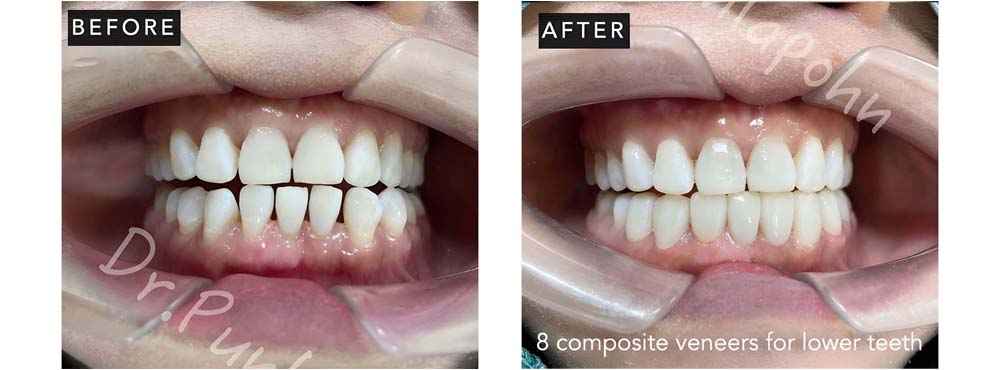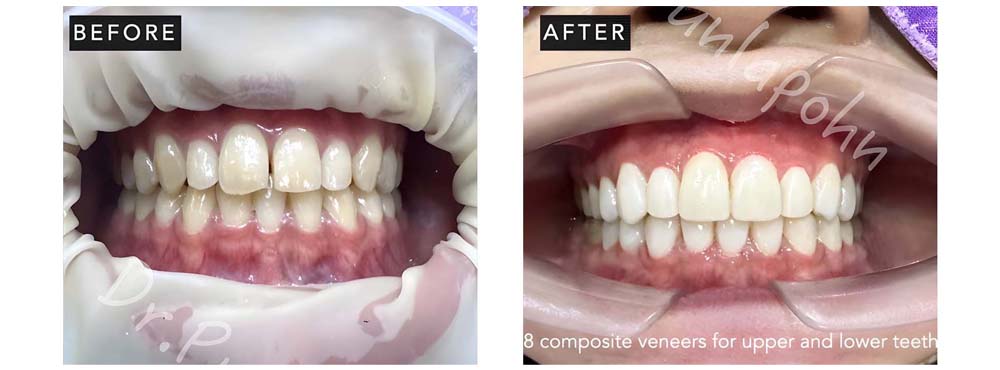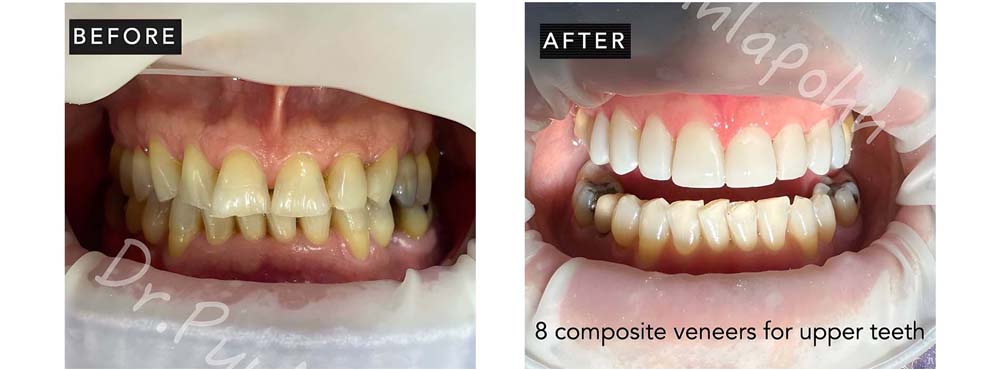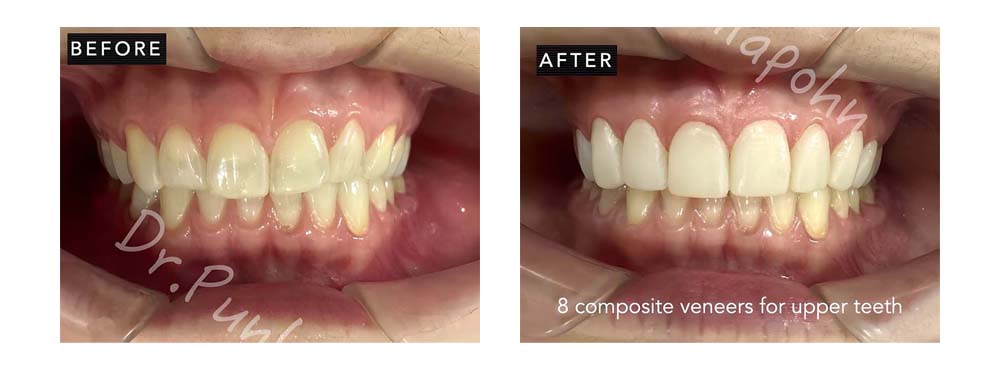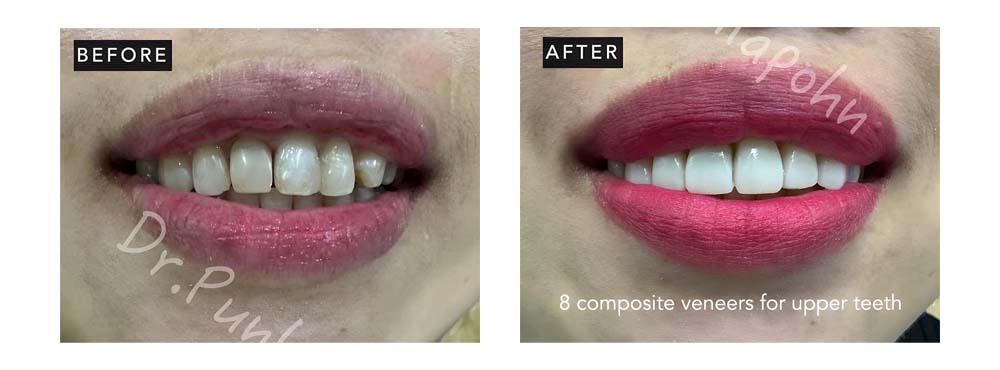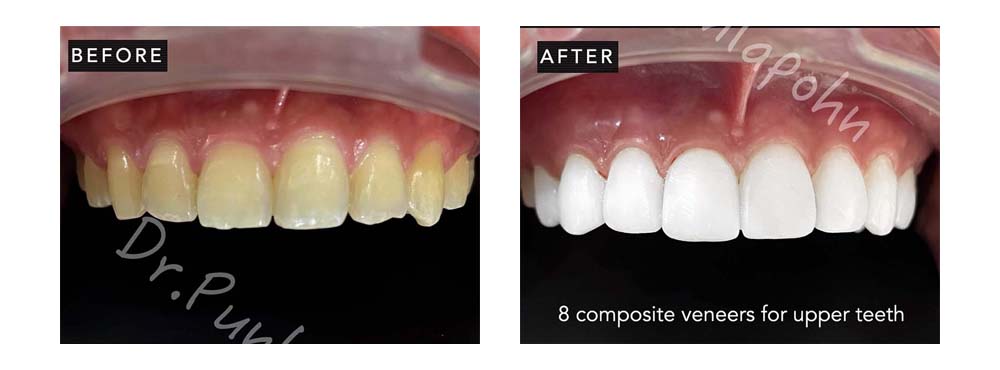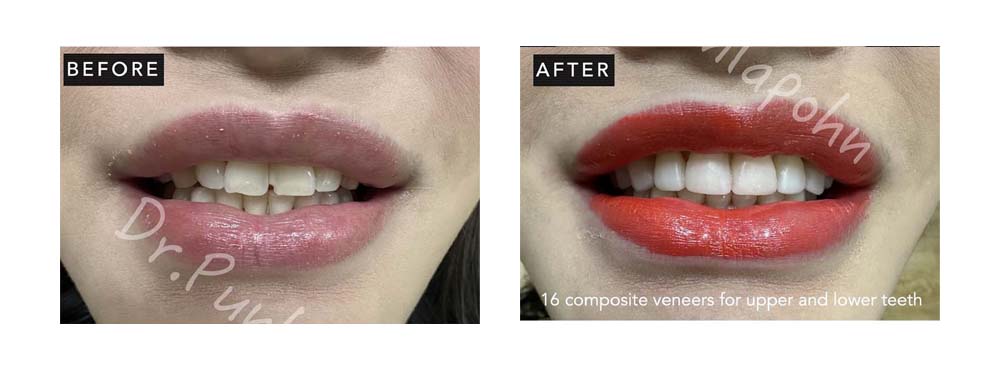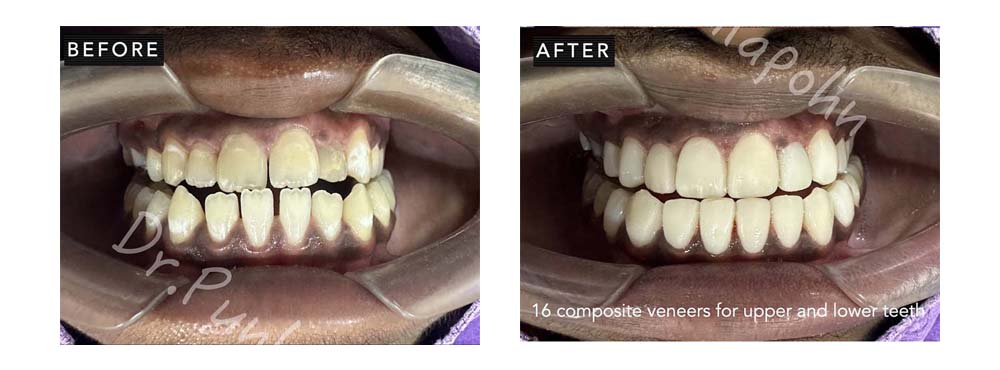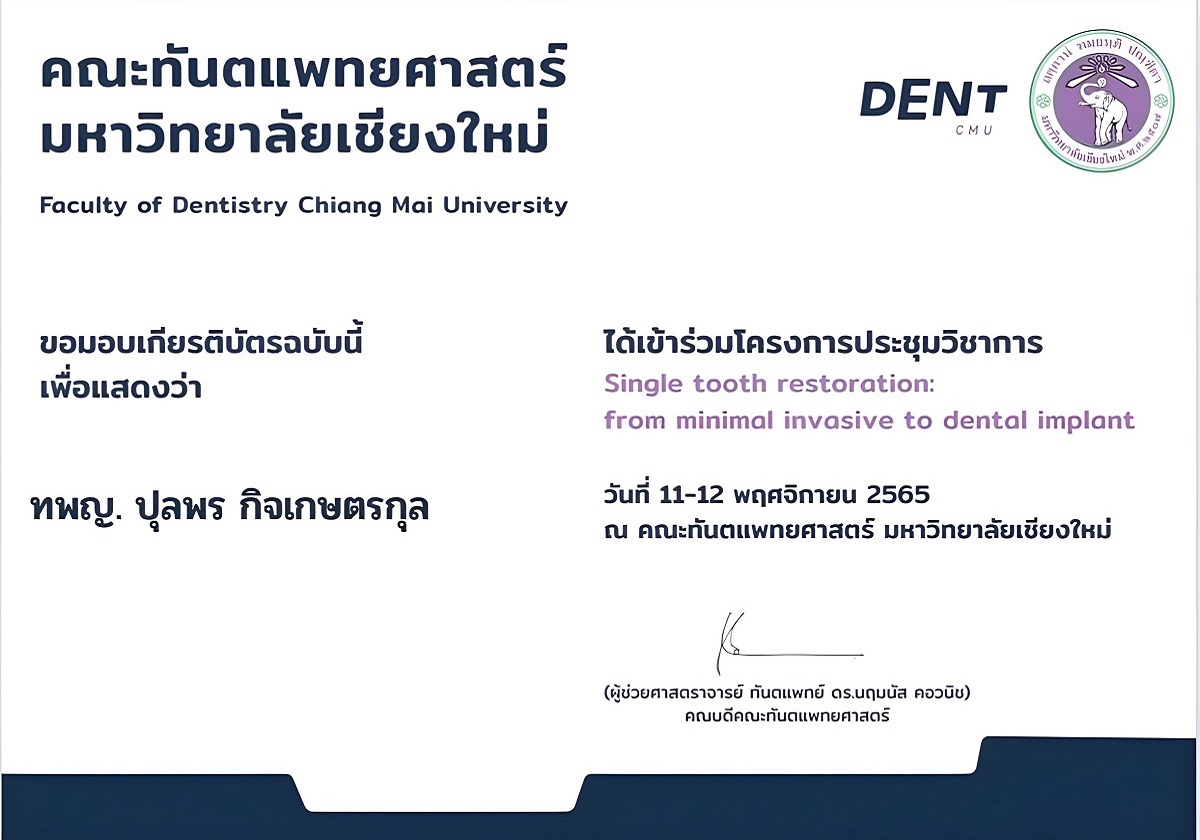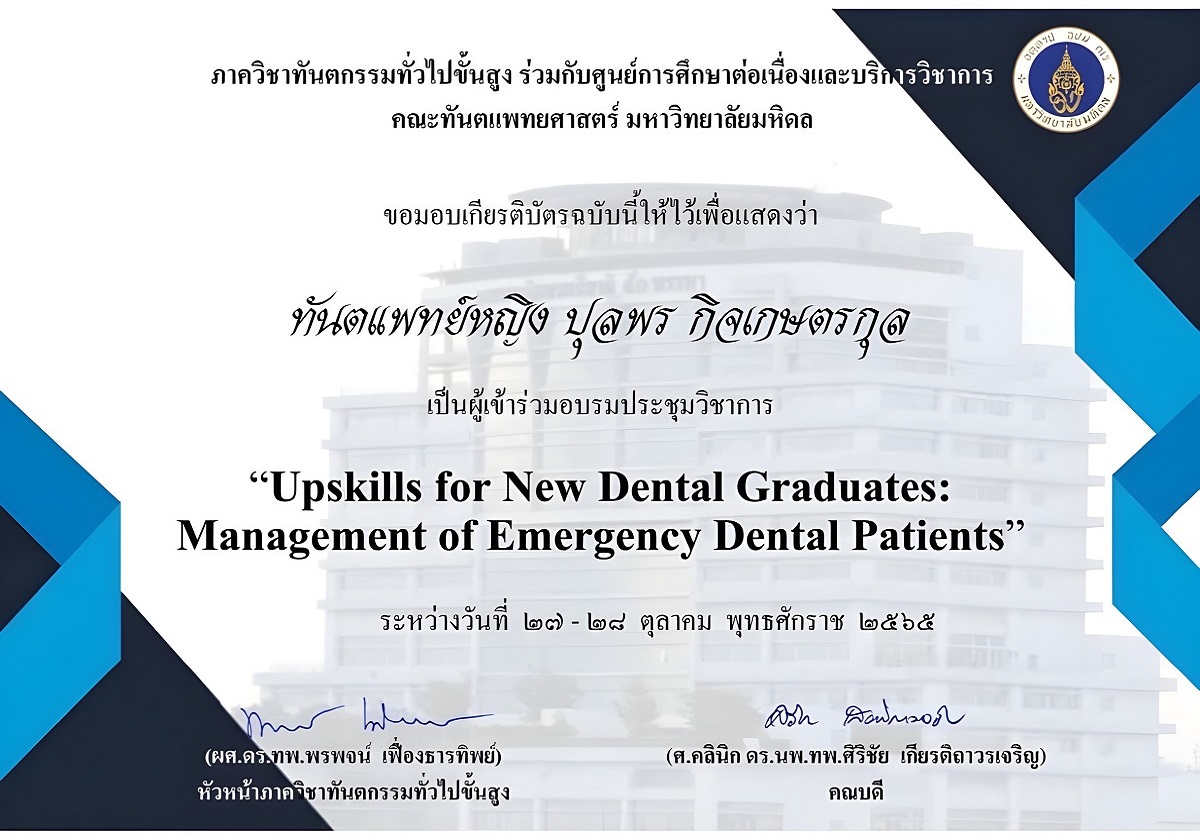Dentures
Dentures are alternative option in replacing missing teeth, full or partial if patient is not a good candidate for bridge or implants. It is also less expensive option, than the other restorative options.
- Complete or Full denture – to replace all teeth in either upper or lower jaw supported by the surrounding soft and hard tissues of the oral cavity.
- Partial Denture – to replace several missing teeth with either, acrylic, metal or flexible base.
Getting New Dentures
With recent innovations in modern technology dentures now look more natural and feel more comfortable than ever before. However, it’s important to remember that anything new or foreign to the mouth or to any parts of the body will need time to adjust to it. With a little practice like practice talking or reading aloud, the mouth will eventually get used to the new denture. Chewing will definitely seem strange at first too, so it is best to try starting off with soft foods cut into smaller pieces.
Considerations
One significant disadvantages of dentures lies in the resorption of underlying bone. Depending on the condition and anatomy of your mouth, other alternatives may be available besides dentures. Implants in conjunction with fixed bridges are often very successful in replacing missing teeth. Under normal chewing conditions, the roots of teeth apply stress to the underlying bone which maintains it and prevents it from atrophy. While implants deliver similar stresses and maintain bone, dentures do not.
Denture Care
- Wash denture with mild or facial soap to prevent from plaque and tartar accumulation. Toothpaste may be too abrasive
- Use soft-bristled toothbrush in cleaning denture to avoid scratching the surface, and hold denture with care, not too firm while cleaning to avoid breaking the denture.
- Clean gums with soft brush or wet gauze.
- Massage gums helps increase blood circulation and improve the health of the gums
- Do not let your denture dry out when not in use. Keep them in water or denture solution (such as Efferdent, Polident). Soak denture at least 30 minutes or when taken off during bedtime to loosen light stains and deposits.
- Do not sterilize denture in hot water. It will warp.
- Do not attempt to scrape hard deposits with sharp object. Instead, take it to your dental office to have them removed.
- Keep denture away from the reach of children and pets

